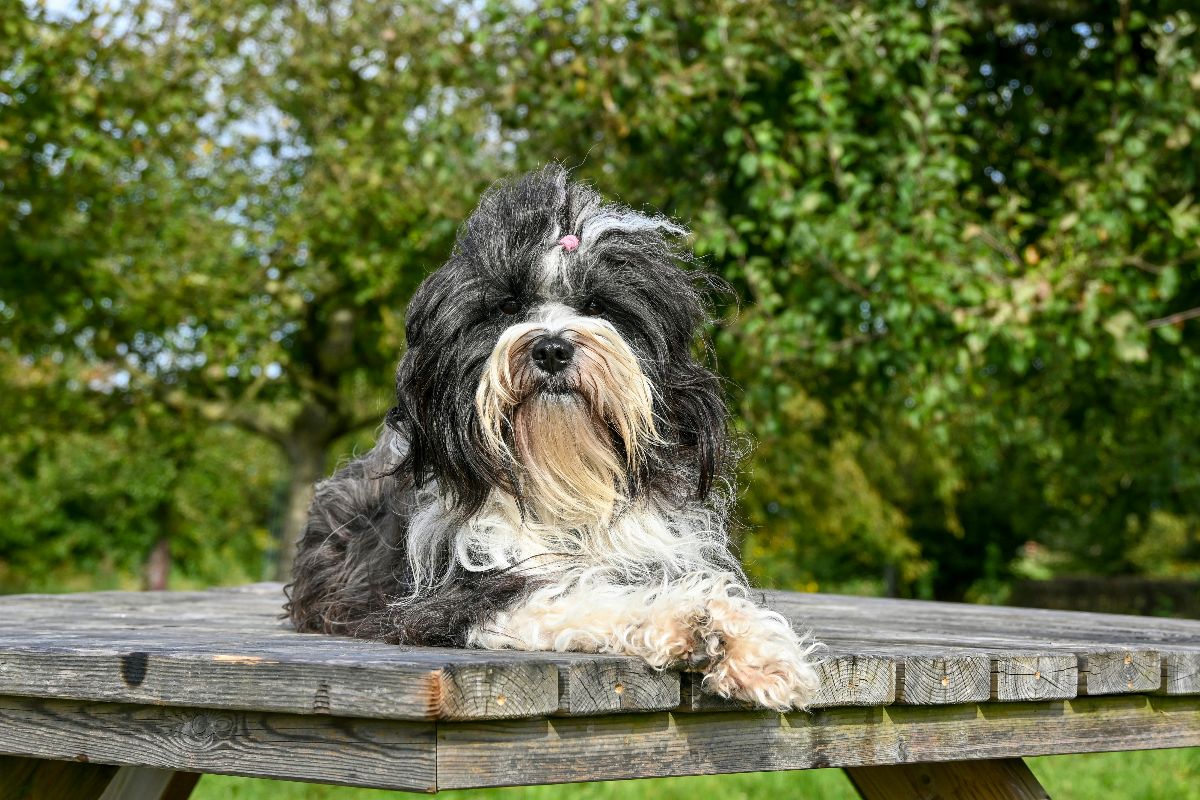 Shutterstock
Shutterstock
Choosing a dog breed known for fewer health problems can be a game-changer, especially when vet bills look like luxury car payments. While no breed is immune to illness, some are naturally more resilient, with fewer chronic conditions and lower maintenance needs. These hardy pups often come with robust immune systems, reliable digestion, and coats that don’t require weekly spa days. Whether you’re new to dog ownership or just aiming to keep vet visits to a minimum, these breeds prove that health and happiness often go paw in paw.
Australian Cattle Dog
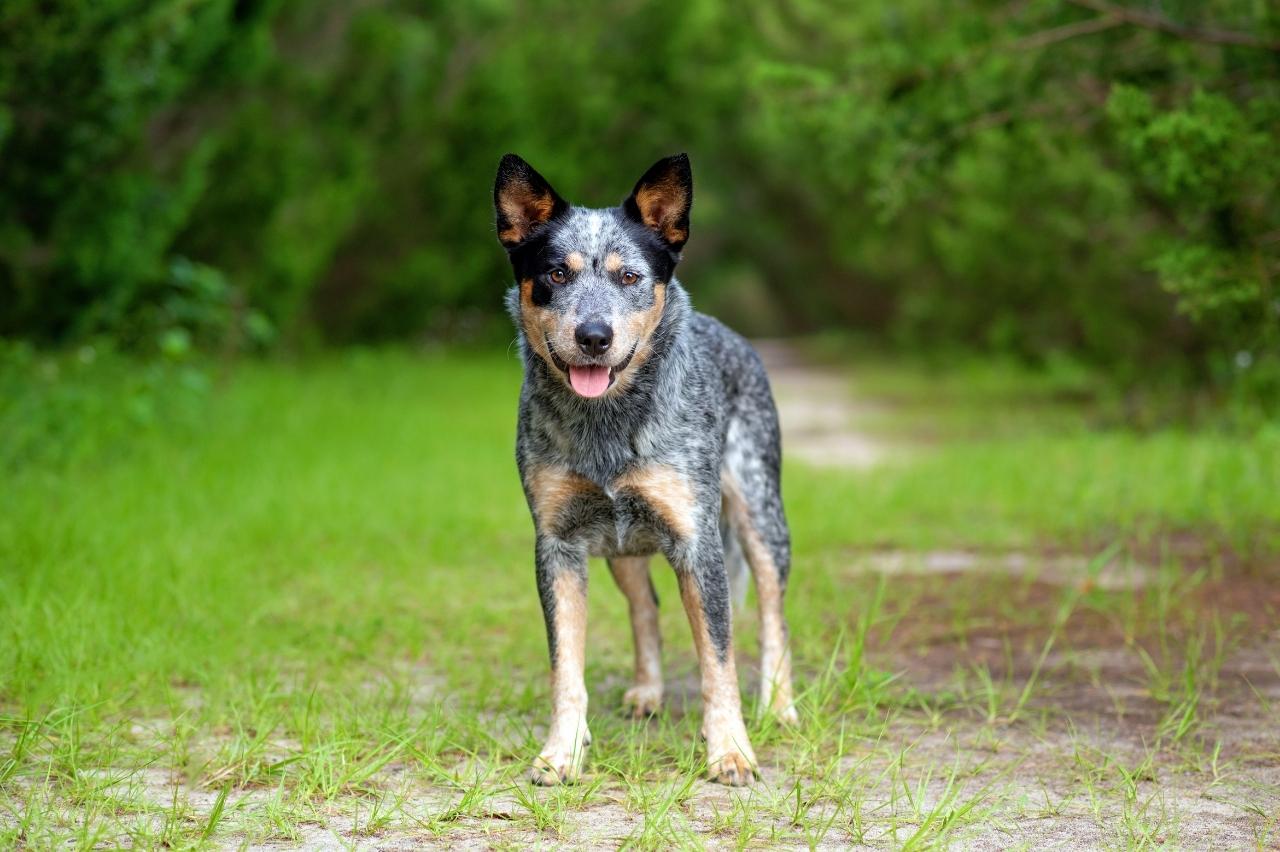 Shutterstock
Shutterstock
Australian Cattle Dogs are built for tough work and even tougher conditions, so it’s no surprise they tend to be vet-resistant tanks. With a solid structure and boundless energy, they rarely suffer from the hereditary issues that plague more delicate breeds. Their thick double coat protects them from the elements, while their rugged immune systems keep most common canine bugs at bay. They tend to thrive without much medical drama as long as they’re kept active and mentally stimulated. Think of them as the canine equivalent of that one friend who never gets sick, even when everyone else is sniffling.
Border Collie
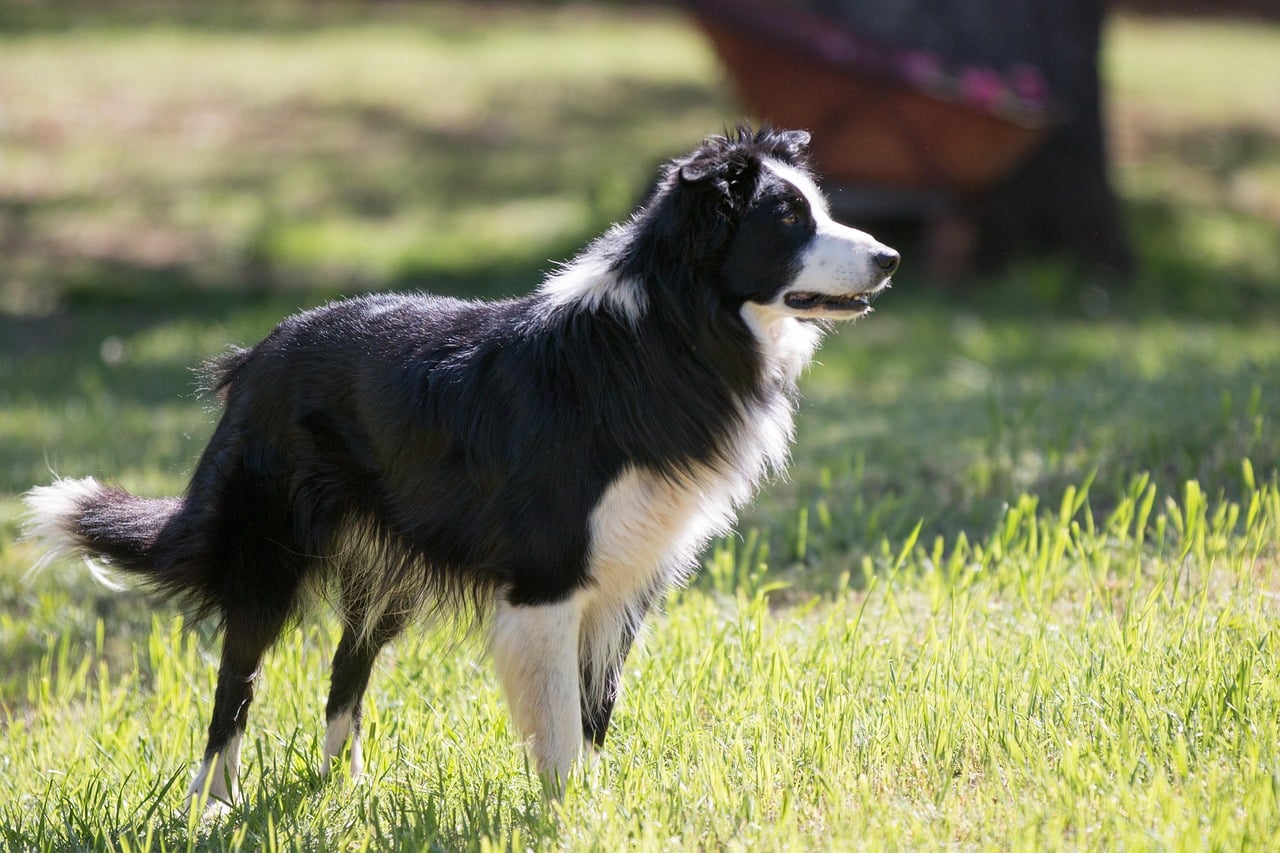 Shutterstock
Shutterstock
Border Collies aren’t just smart—they’re sturdy. These herding dynamos are bred for brains and brawn, and their history as working dogs has naturally selected for health and durability. With proper exercise and a balanced diet, they often go years without needing more than routine care. Their bodies seem as efficient as their minds, built for constant motion but not easily broken. Don’t let them get bored, or you’ll call the vet for chewed furniture, not medical issues.
Beagle
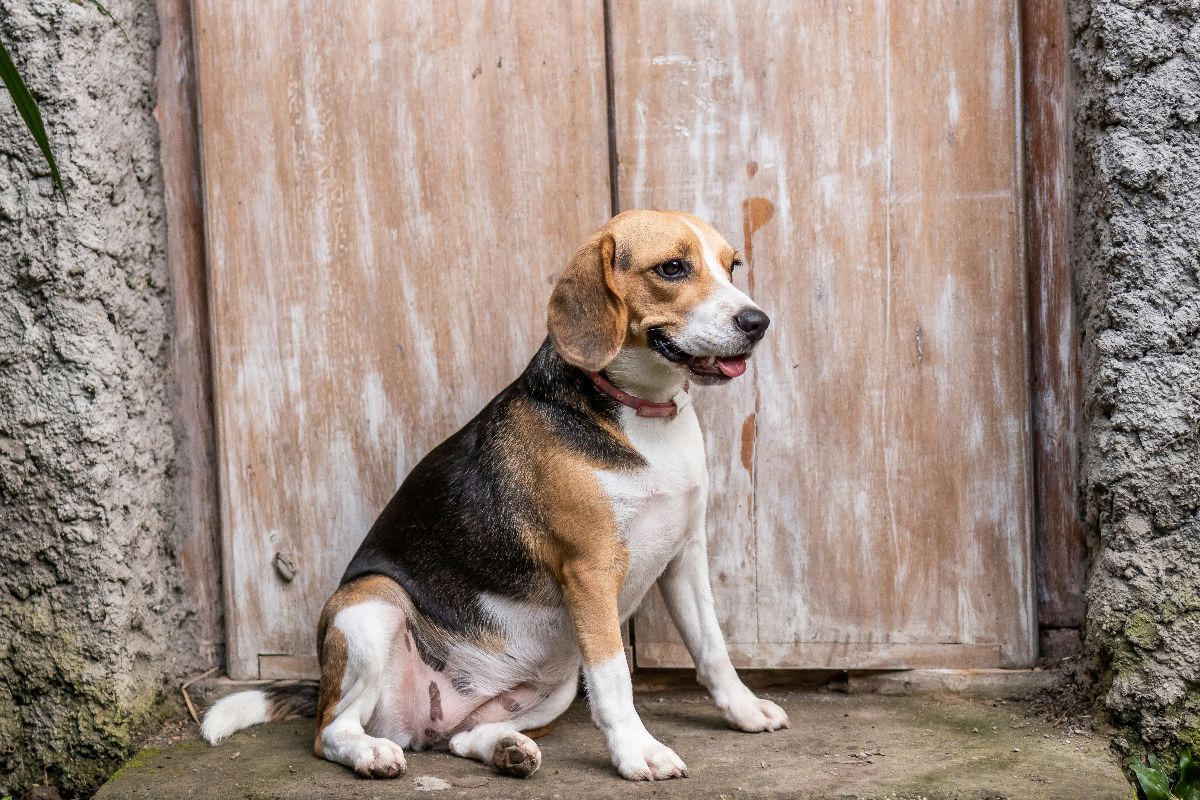 Shutterstock
Shutterstock
Beagles are those scrappy little dogs that somehow dodge drama, medical and otherwise. With strong genetics and a hardy constitution, these hound dogs usually only see the vet for the basics: vaccinations, checkups, and the occasional snack-induced bellyache. Their compact size and minimal grooming needs also cut down on potential issues. Sure, they might steal your sandwich, but you won’t spend your savings on surprise surgeries. As long as you manage their food obsession, Beagles stay in excellent shape.
Basenji
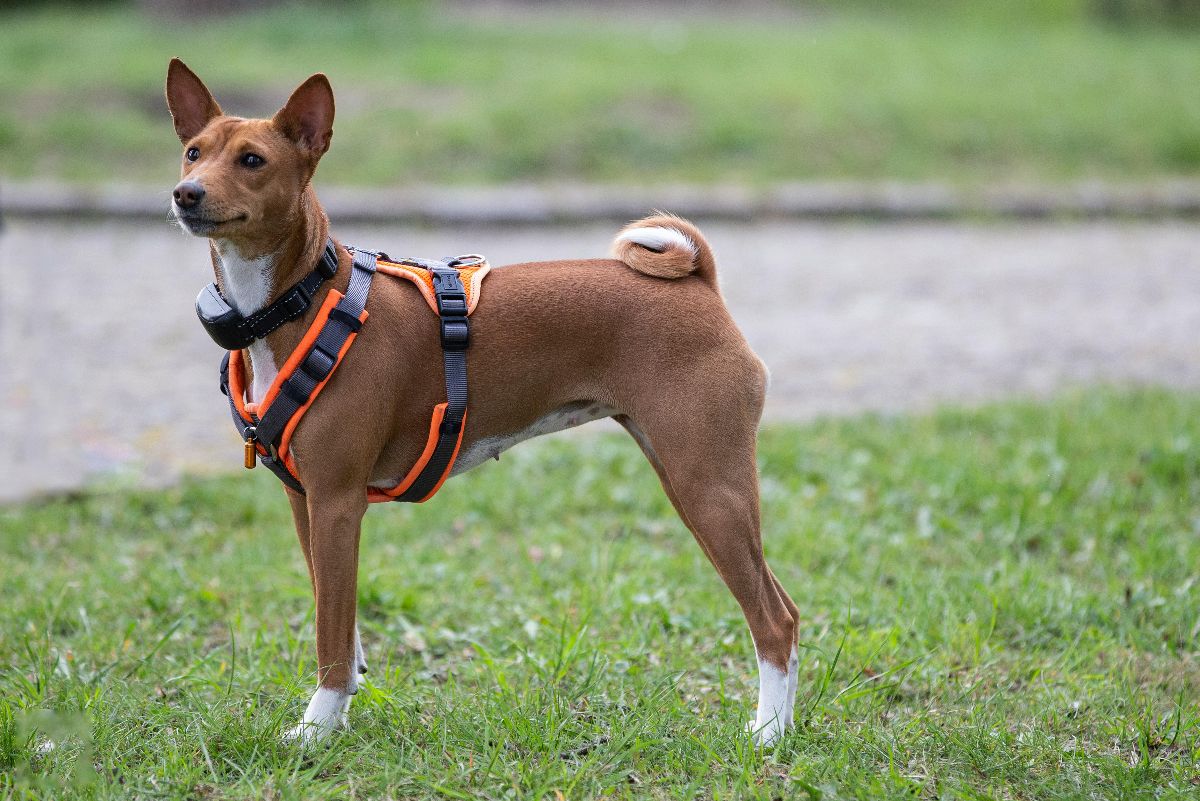 Shutterstock
Shutterstock
Basenjis are sometimes called the “barkless dog,” but they could just as easily be called the “vet-less dog.” With short coats, clean habits, and strong immune systems, these dogs seem designed to minimize fuss. They rarely have the skin, joint, or digestive problems that plague other breeds. Their self-grooming tendencies mean they’re as close as dogs get to being hypoallergenic and low-maintenance. They’re practically the introverts of the dog world—quiet, clean, and rarely needing medical attention.
Chihuahua
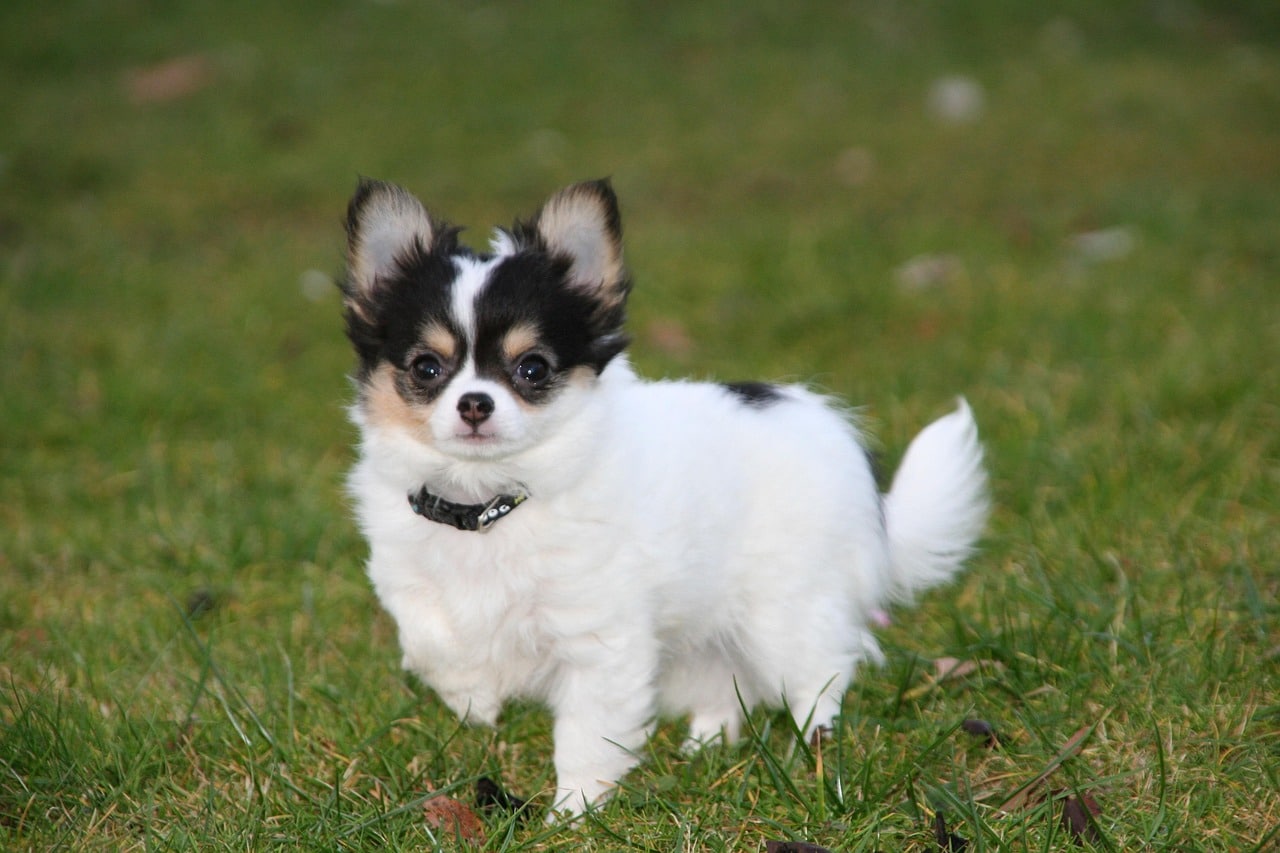 Shutterstock
Shutterstock
Despite their tiny size and big attitudes, Chihuahuas are impressively durable. Many live well into their teens with barely a sneeze. Their small frames don’t experience the joint stress that larger dogs deal with, and their minimal grooming needs mean fewer chances for skin infections. As long as they’re protected from extreme cold and not babied into obesity, these pint-sized pups stay in good shape. Plus, they’ll yell at you long before something’s wrong—they’re vocal, not fragile.
Shiba Inu
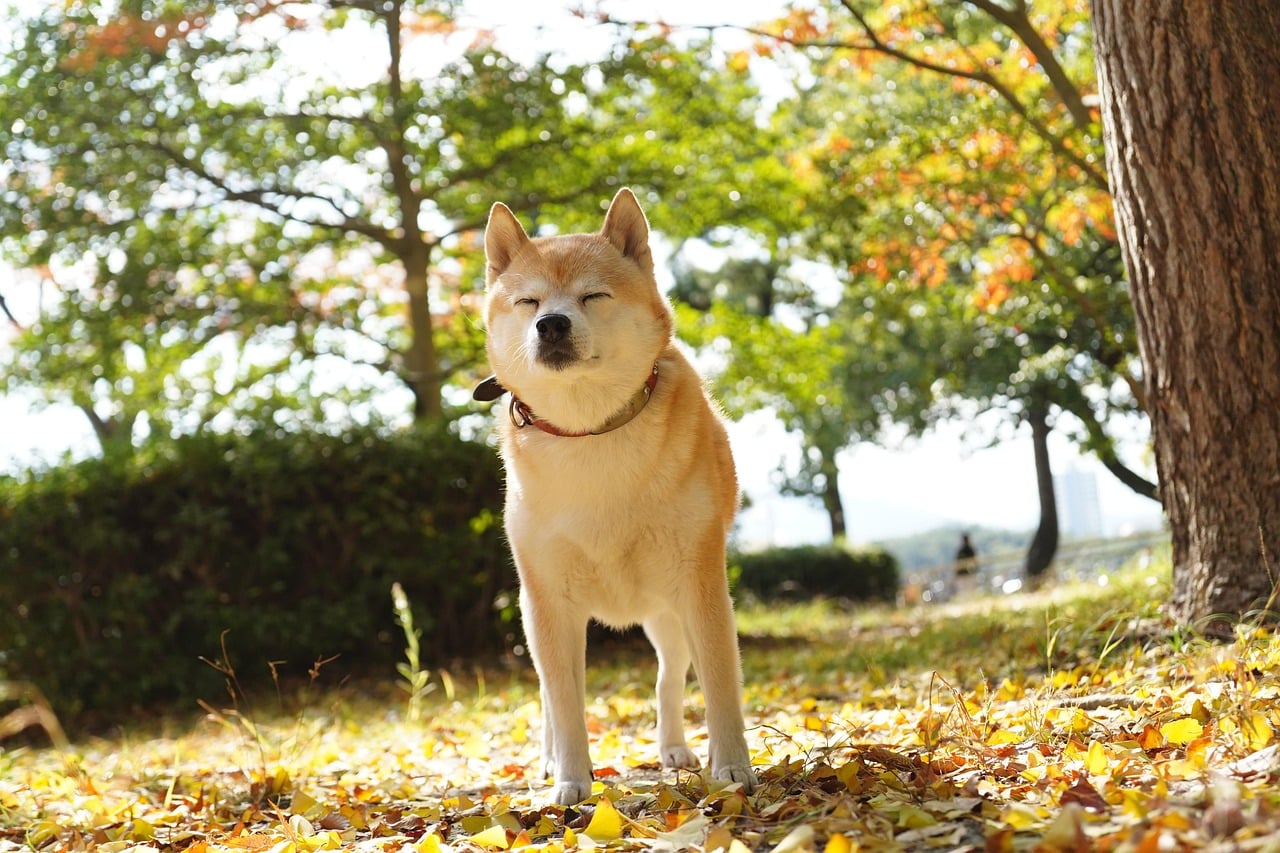 Shutterstock
Shutterstock
Shiba Inus are famously independent, and they do not need a ton of vet attention. With a healthy build, minimal genetic issues, and an obsessive tendency to groom themselves like cats, Shibas are about as low-maintenance as it gets. Their thick coats rarely suffer from skin problems, and their digestive systems tend to be sturdy as long as you don’t let them eat something insane (which, to be fair, they might still try). These dogs are like tiny foxes with strong immune systems and clear personal boundaries. Just try getting one to the vet for fun—they’ll let you know how unnecessary that is.
Belgian Malinois
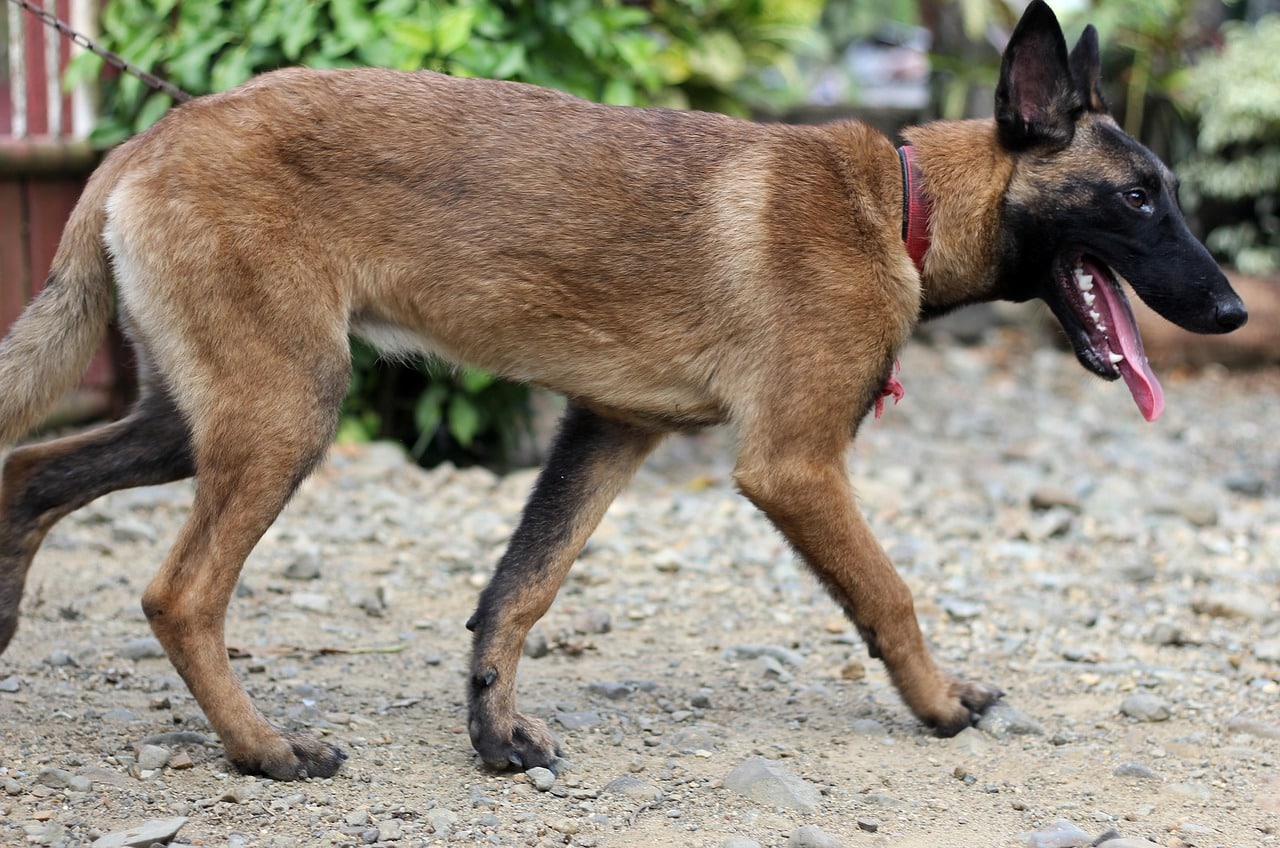 Shutterstock
Shutterstock
Belgian Malinois are canine athletes, bred to work hard and live long. They’ve got a supermodel’s bone structure and a marathon runner’s stamina, with few of the hereditary conditions that plague other breeds. As long as they’re properly exercised and mentally engaged, Malinois are generally healthy into old age. Their vet visits are more likely to be for vaccinations than real issues. If your idea of pet care involves a leash, a trail, and a high-speed game of fetch, this breed might be your new low-maintenance best friend.
Greyhound
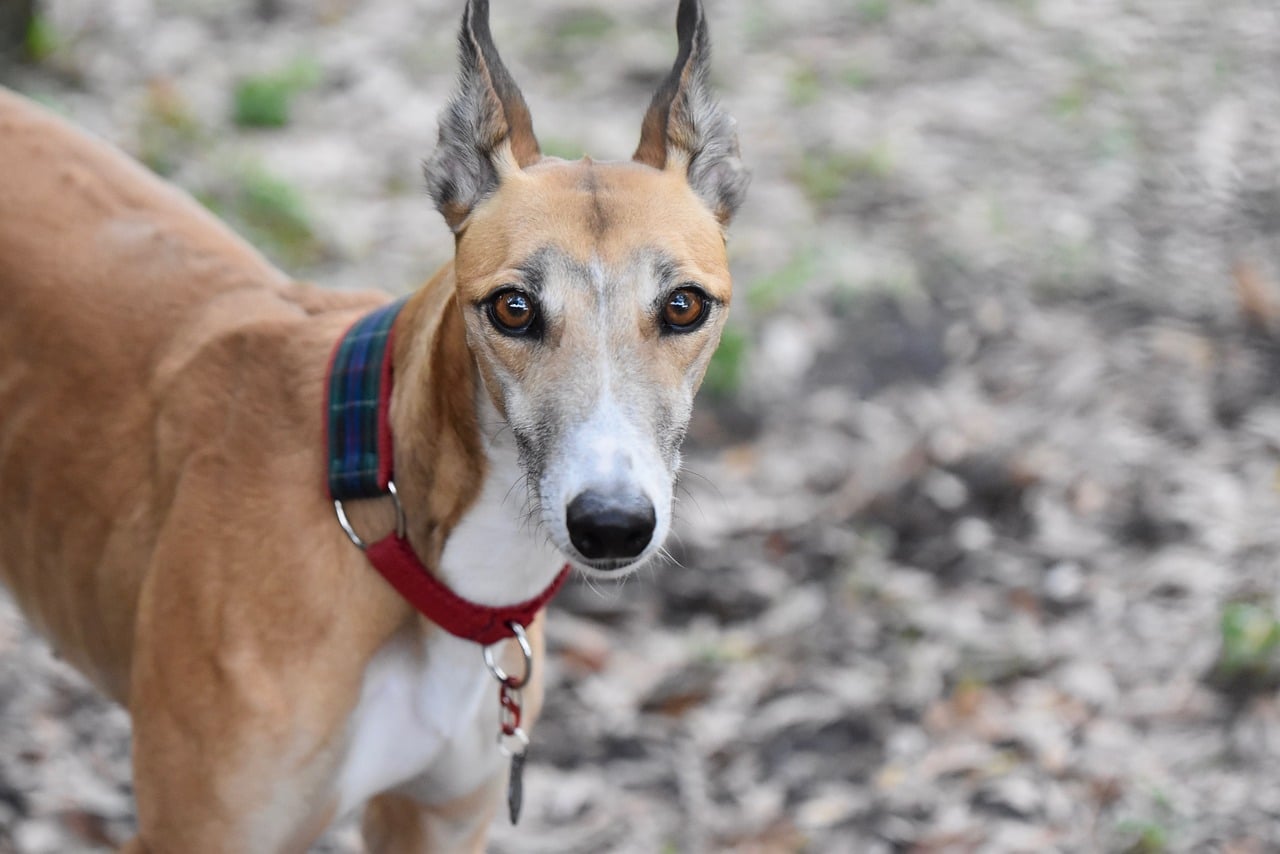 Shutterstock
Shutterstock
Greyhounds are sleek, sensitive, and surprisingly durable. Although they may look delicate, they are among the healthiest purebred dogs. Their minimalist coats mean fewer grooming woes, and their internal systems are impressively efficient, like race cars with fewer breakdowns. They rarely suffer from hip dysplasia, bloat, or many of the other health issues seen in larger breeds. Once retired from racing, they transition beautifully into low-maintenance pets who prefer to nap their way through life.
Rat Terrier
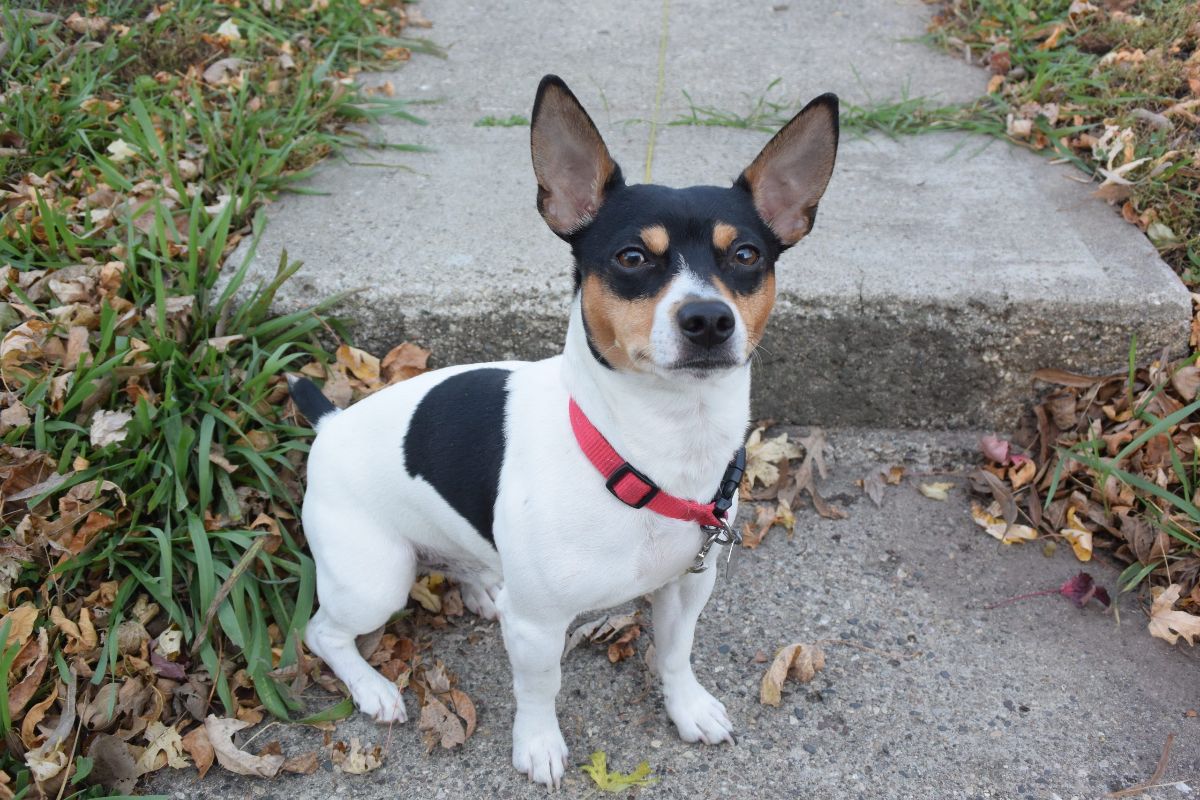 Shutterstock
Shutterstock
Rat Terriers are agile, energetic, and almost insultingly healthy. Bred to be barnyard pest controllers, these dogs were designed for function, not fragility. Their strong immune systems and lean builds make them less susceptible to the ailments that sideline fancier breeds. Grooming is a breeze; vet visits are minimal; they age gracefully when kept active. They’re the dog that can chase squirrels all day and still beat you up the stairs without breaking a sweat—or a paw.
Tibetan Terrier
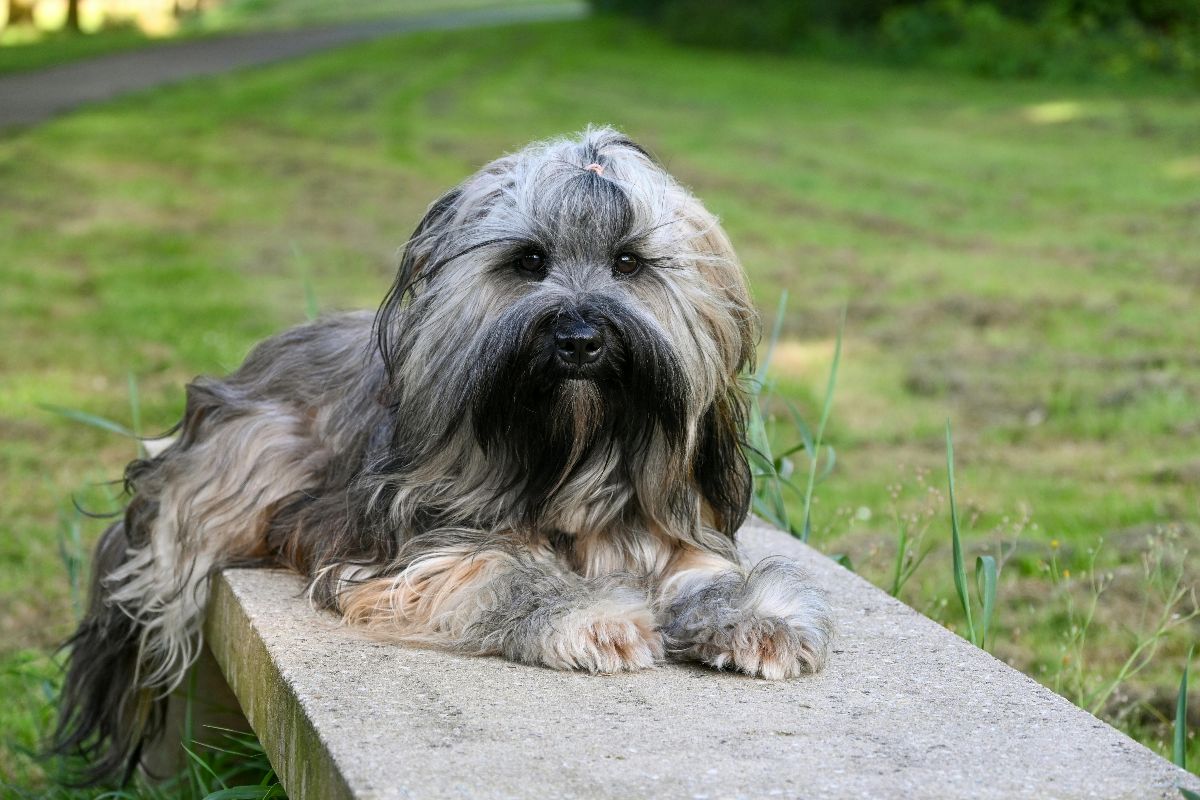 Shutterstock
Shutterstock
Tibetan Terriers may look like shaggy lapdogs, but under all that hair is a breed with impressive health and vitality. Originally bred for the harsh climates of Tibet, they’ve developed a sturdy constitution and resistance to many common ailments. Regular grooming helps avoid coat-related issues, but other than that, they tend to breeze through life without many vet visits. With proper exercise and nutrition, these lovable mop-heads age gracefully and stay spry well into their golden years.
Havanese
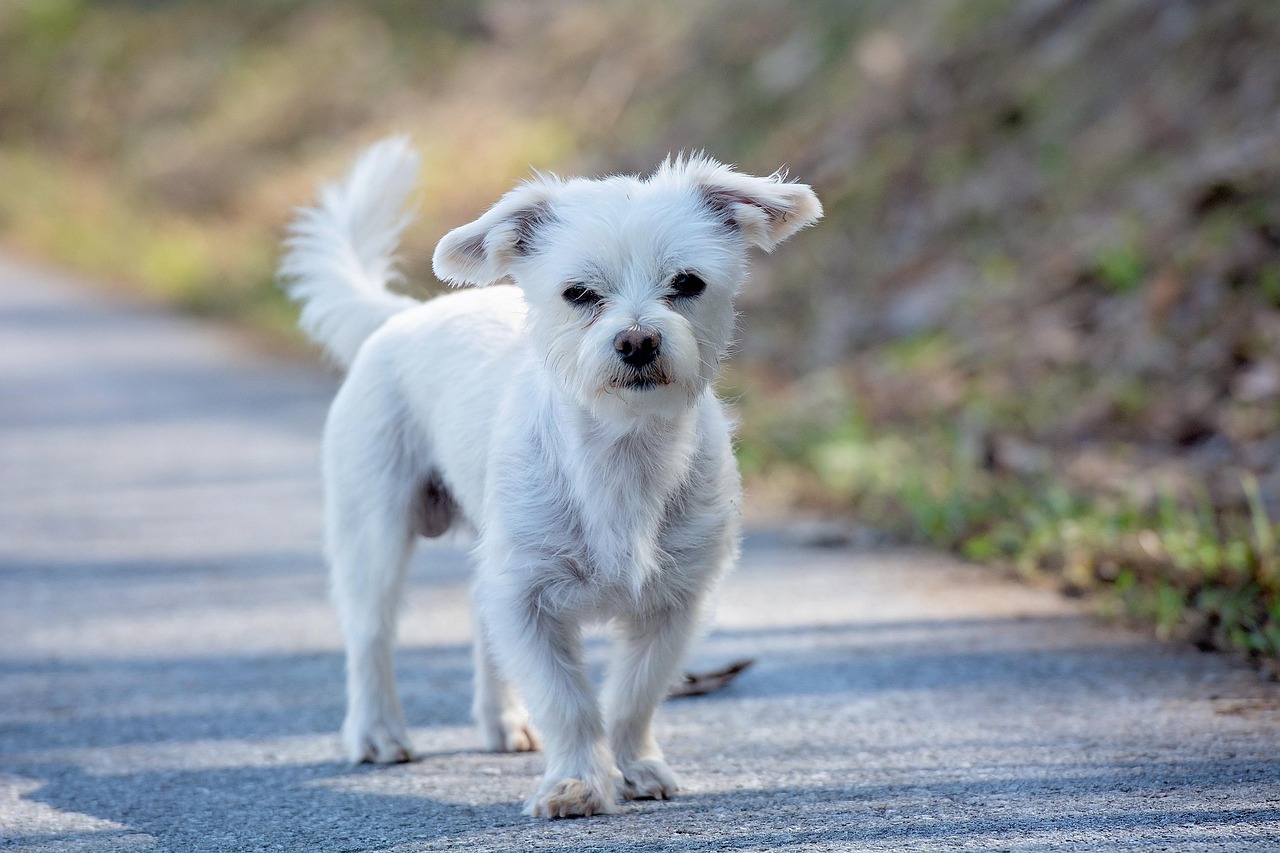 Shutterstock
Shutterstock
Havanese dogs are cheerful little charmers who don’t spend much time under the vet’s microscope. They’re known for having relatively few inherited health conditions and are often blessed with long, healthy lives. As long as their coat is maintained and their teeth are kept clean, they require little more than routine care. Their lively nature and compact size help them avoid many mobility and digestion issues plaguing other breeds. Plus, their attitude alone could scare off germs.
Anatolian Shepherd
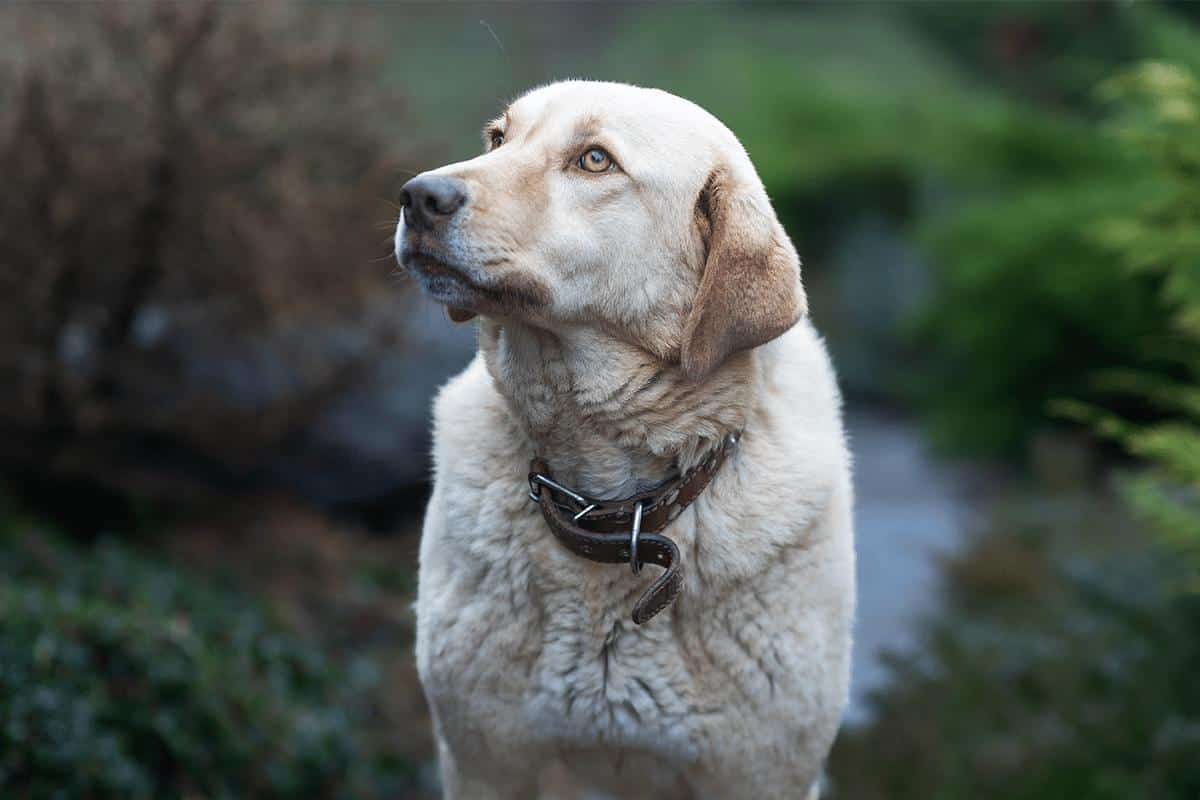 Shutterstock
Shutterstock
Anatolian Shepherds are ancient livestock guardians with equally ancient immune systems. These large, rugged dogs were bred to patrol huge swaths of land with minimal human intervention, which shows. They’re low-maintenance in grooming and vet visits, often staying healthy with just the basics. Their independence can challenge training, but their health is rarely one. If your dog looks like it could win a fight with a mountain, odds are it doesn’t get the sniffles often.
American Foxhound
 Shutterstock
Shutterstock
American Foxhounds are lean, long-legged, and genetically wired to stay out of the vet’s office. Bred for endurance hunting, these dogs have strong cardiovascular health, low rates of hip problems, and minimal grooming needs. Their structure is built for function and efficiency, with no exaggerated features that often lead to medical issues. They tend to be reliable in both behavior and health as long as they’re exercised regularly and kept on a balanced diet. You won’t find them wasting time at the vet—they’ve got squirrels to chase and trails to conquer.
The Dogtor Is Out… Probably Chasing a Ball
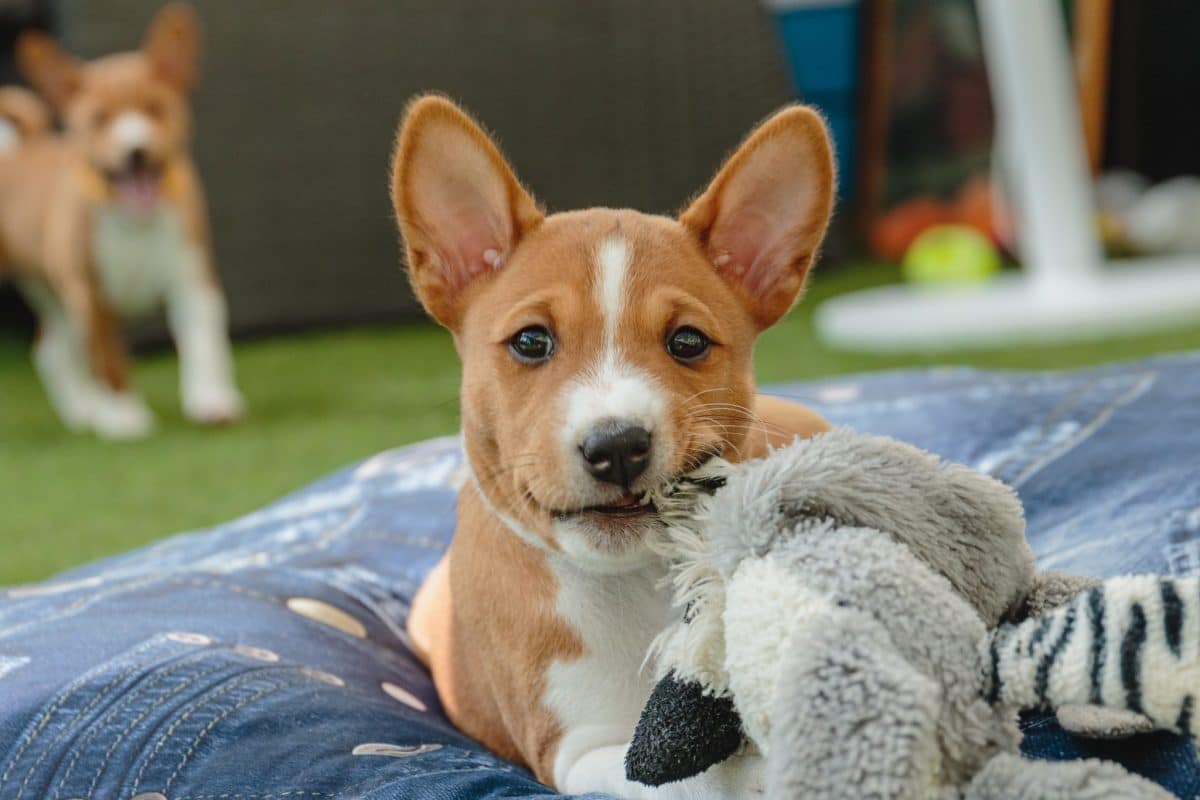 Shutterstock
Shutterstock
These breeds weren’t built to live at the vet’s office. They were made to run, nap, cuddle, bark at squirrels, and live life on their terms. While every dog needs routine checkups, these canine superstars keep their medical drama to a minimum and their tail wags at maximum. Owning one of these pups might not guarantee a vet-free life, but it’ll help your wallet breathe a little easier. Now, if only they came with a free pet insurance plan for when they do eat that sock.

 1 month ago
18
1 month ago
18


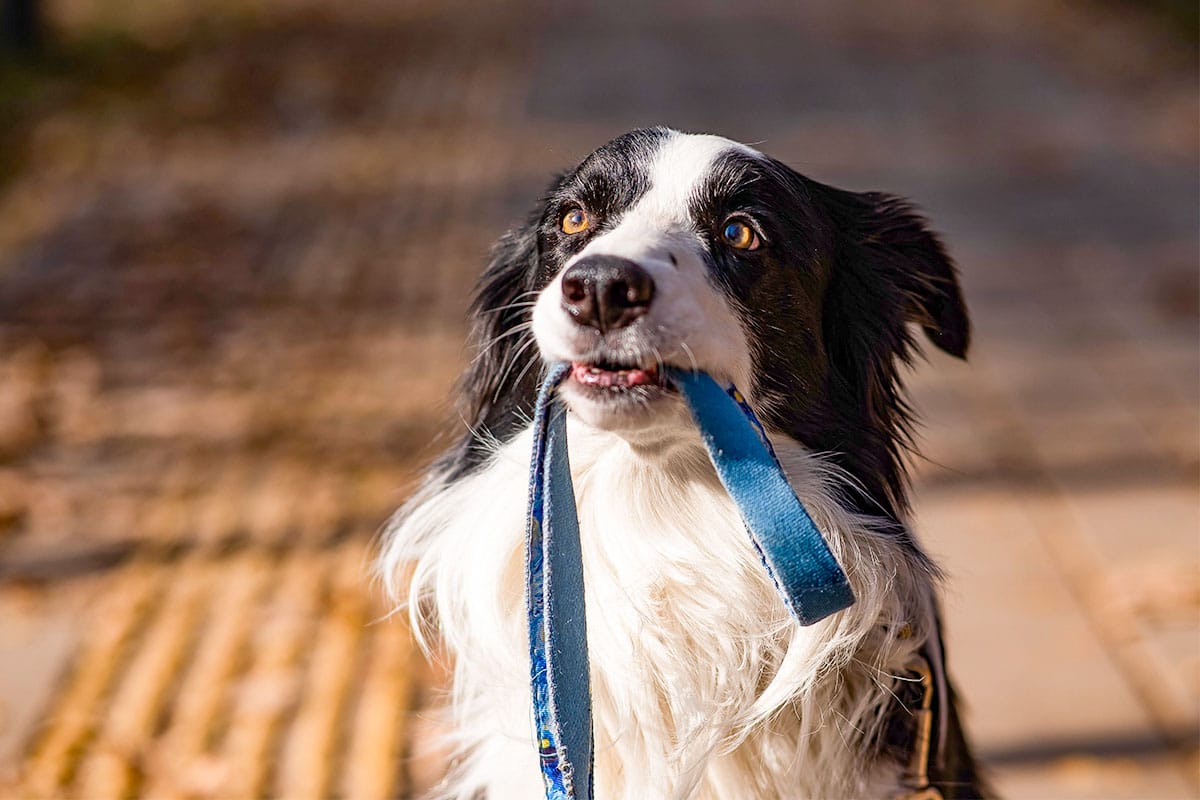



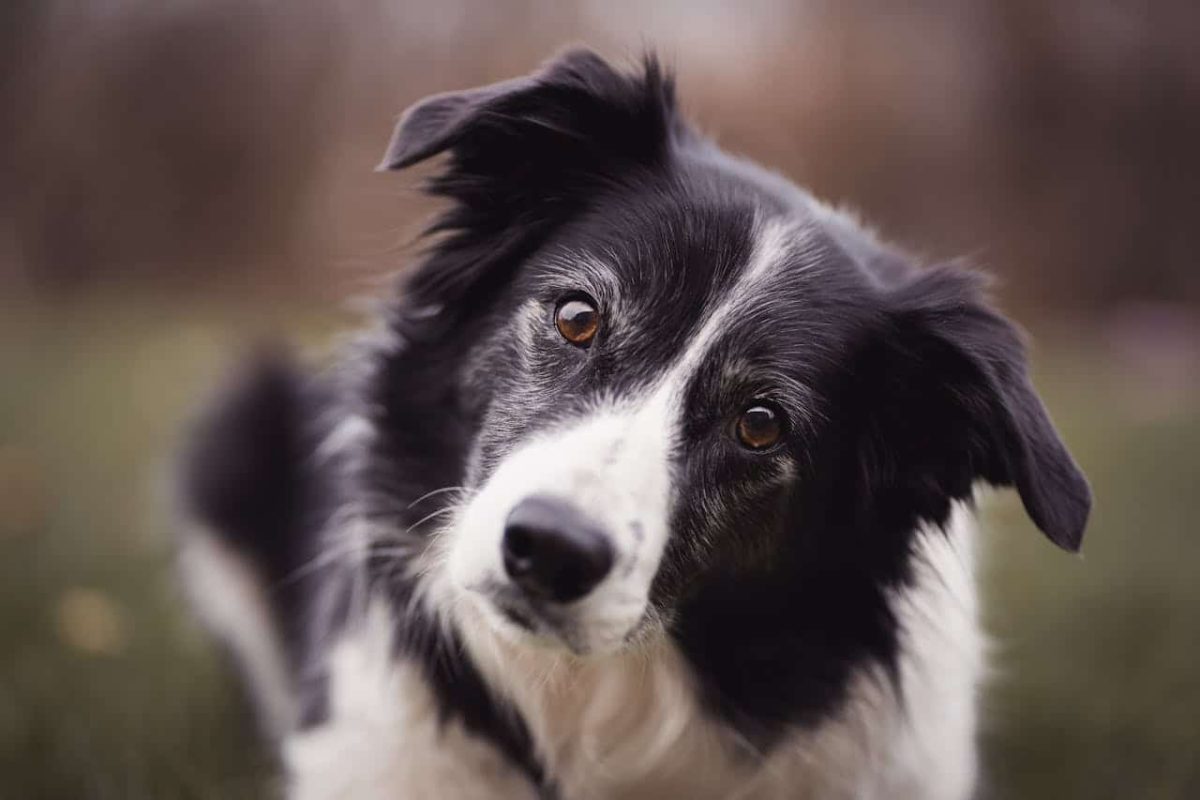
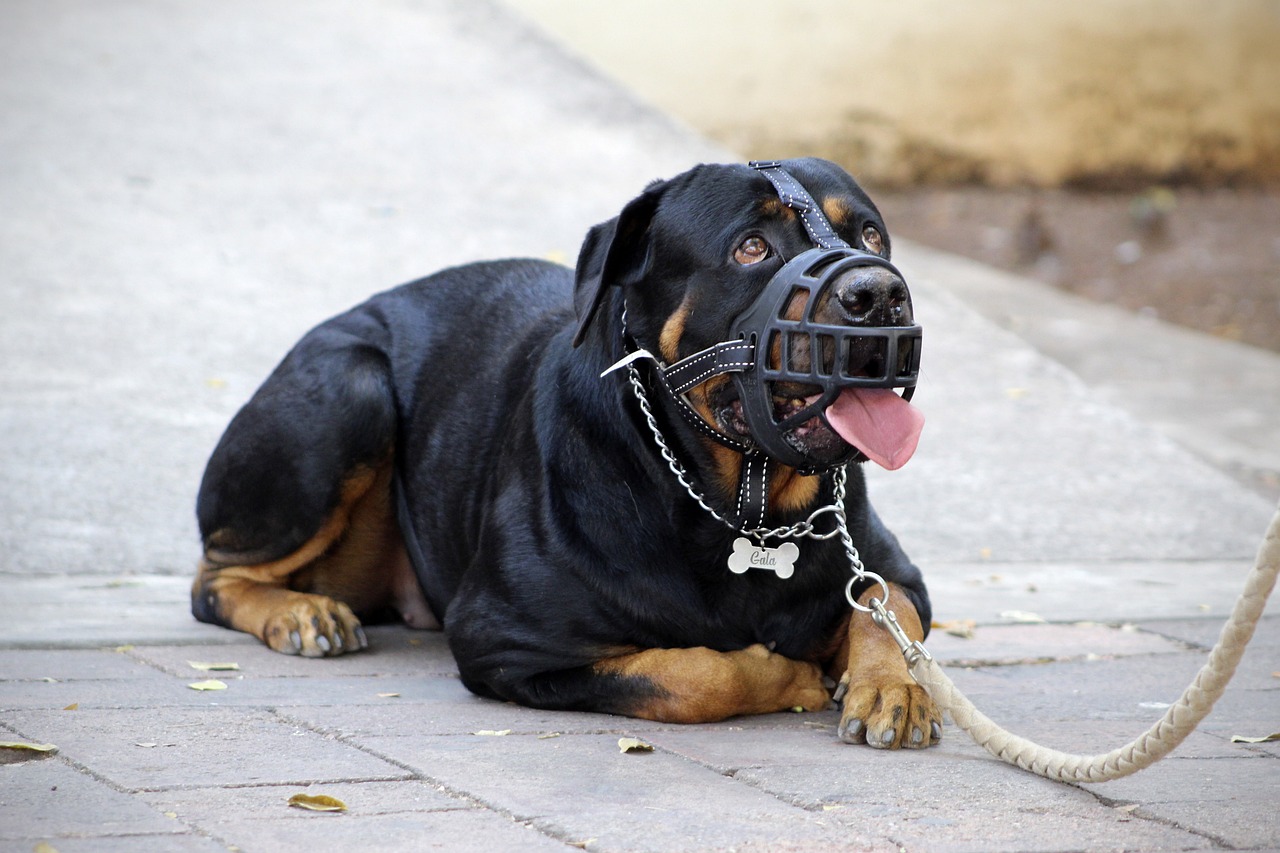


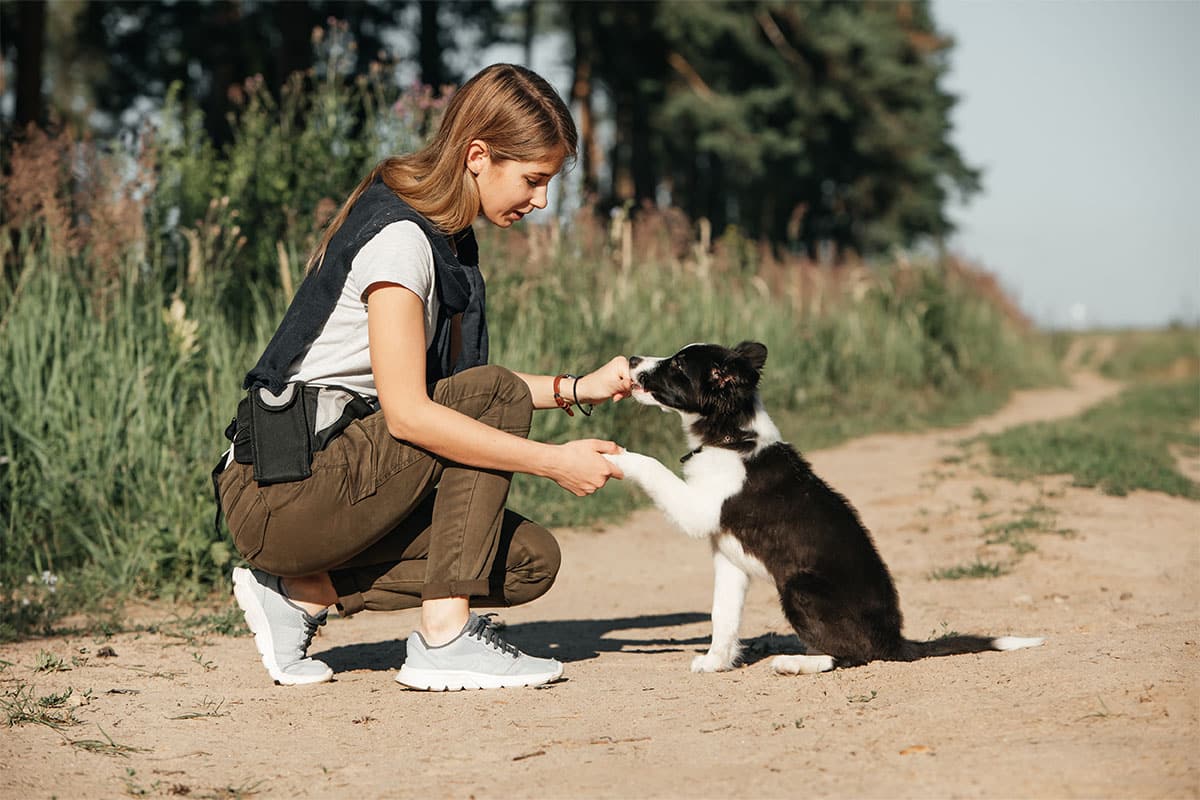
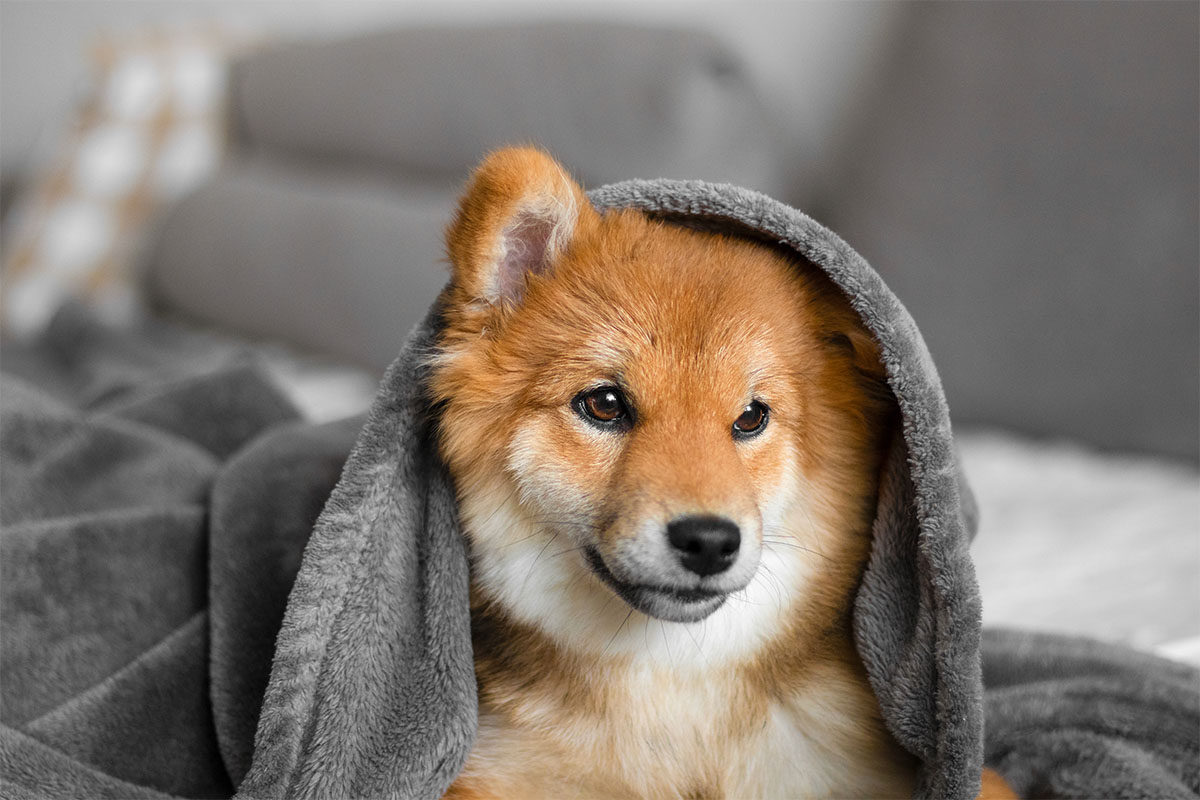

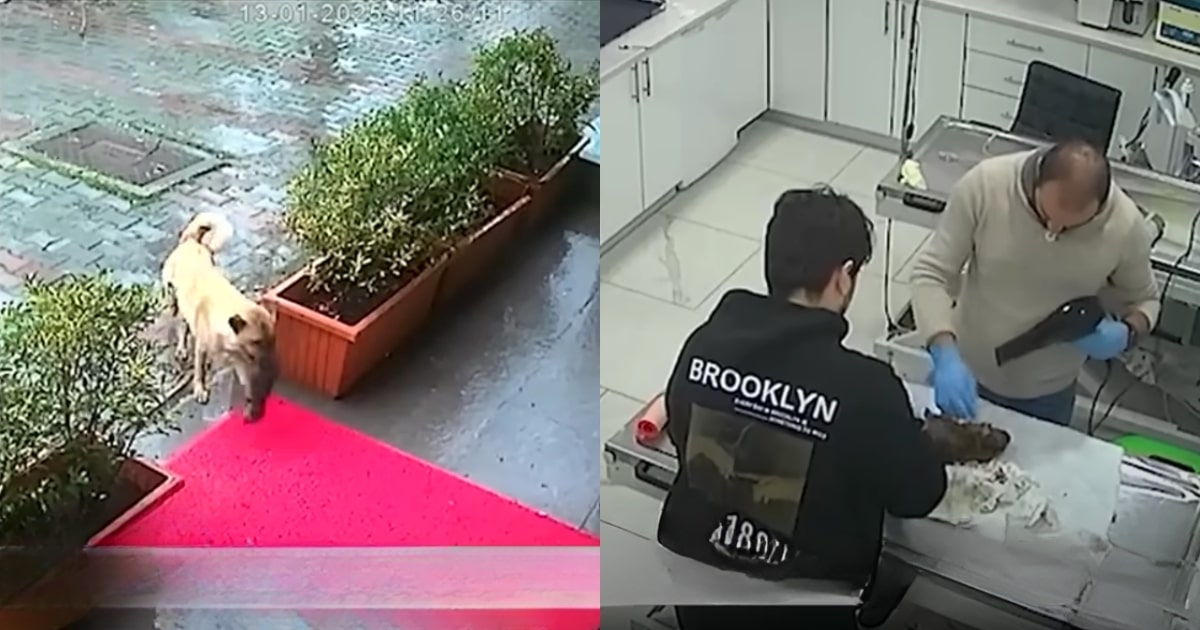



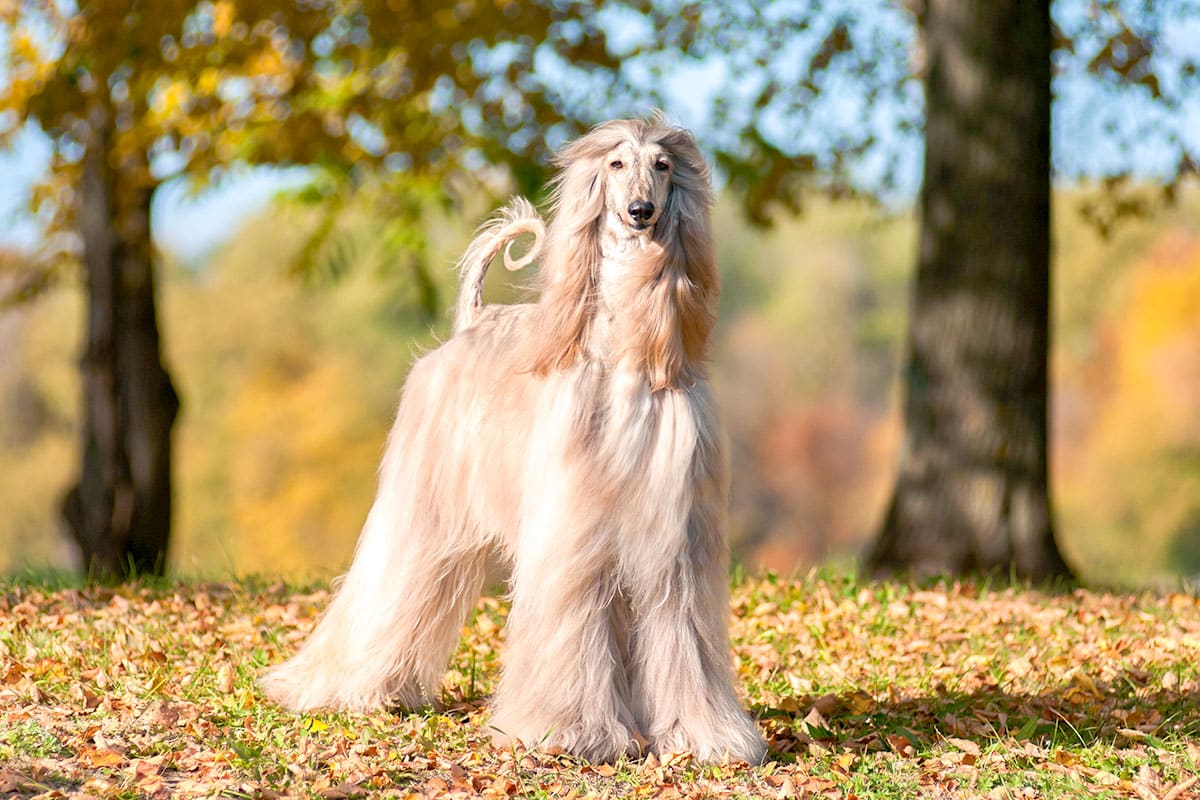
 English (US) ·
English (US) ·